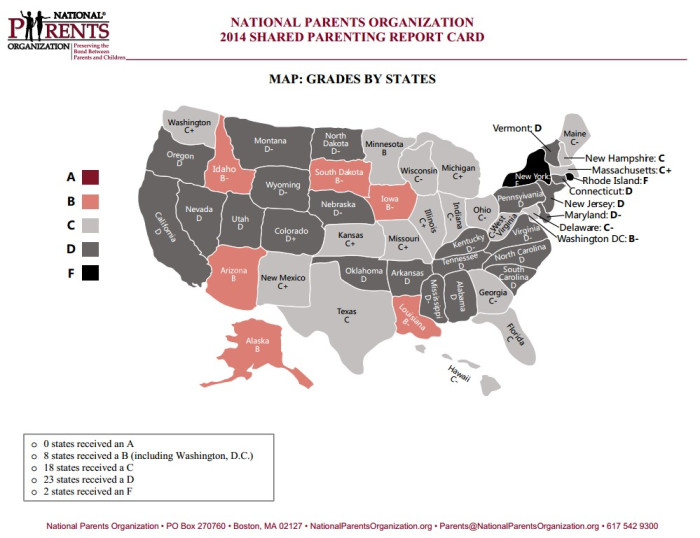This week there are 7 new articles dealing with parent-child relationships postdivorce, alienated children interventions, stepfamilies, and predictors of divorce. The work by Kalmijn exploring the variations in father-child relationships postdivorce is an important contribution to our understanding of the impact of divorce on parent-child relationships. Also, alienation continues to be challenging for some families experiencing severe conflict, the work by Reay provides new ideas for helping these families. See more 2015 articles and complete lists from 2010.
Parent-Child Relationships Post-Divorce
Davies, H. (2015). Shared Parenting or Shared Care? Learning from Children’s Experiences of a Post-Divorce Shared Care Arrangement. Children & Society, 29(1), 1-14. doi:
Kalmijn, M. (2015). How Childhood Circumstances Moderate the Long-Term Impact of Divorce on Father-Child Relationships. Journal of Marriage and Family, , n/a-n/a. doi:
Help for Alientated Children and Families
Reay, K. M. (2015). Family Reflections: A Promising Therapeutic Program Designed to Treat Severely Alienated Children and Their Family System. The American Journal of Family Therapy, 43(2), 197-207. doi:http://dx.doi.org/10.1080/01926187.2015.1007769
Stepfamilies
Ivanova, K. (2015). Relationship satisfaction of the previously married: The significance of relationship specific costs and rewards in first and repartnering unions. Journal of Social and Personal Relationships, doi:
Jensen, T. M., Shafer, K., & Holmes, E. K. (2015). Transitioning to stepfamily life: the influence of closeness with biological parents and stepparents on children’s stress. Child & Family Social Work, , n/a-n/a. doi:
Predictors of Divorce
Boertien, D., von Scheve, C., & Park, M. (2015). Can Personality Explain the Educational Gradient in Divorce? Evidence From a Nationally Representative Panel Survey. Journal of Family Issues, doi:
Torvik, F. A., Gustavson, K., Roysamb, E., & Tambs, K. (2015). Health, health behaviors, and health dissimilarities predict divorce: Results from the HUNT study. BMC Psychology, 3(13) doi:http://dx.doi.org/10.1186/s40359-015-0072-5
Help for Alientated Children and Families
Reay, K. M. (2015). Family Reflections: A Promising Therapeutic Program Designed to Treat Severely Alienated Children and Their Family System. The American Journal of Family Therapy, 43(2), 197-207. doi:http://dx.doi.org/10.1080/01926187.2015.1007769
